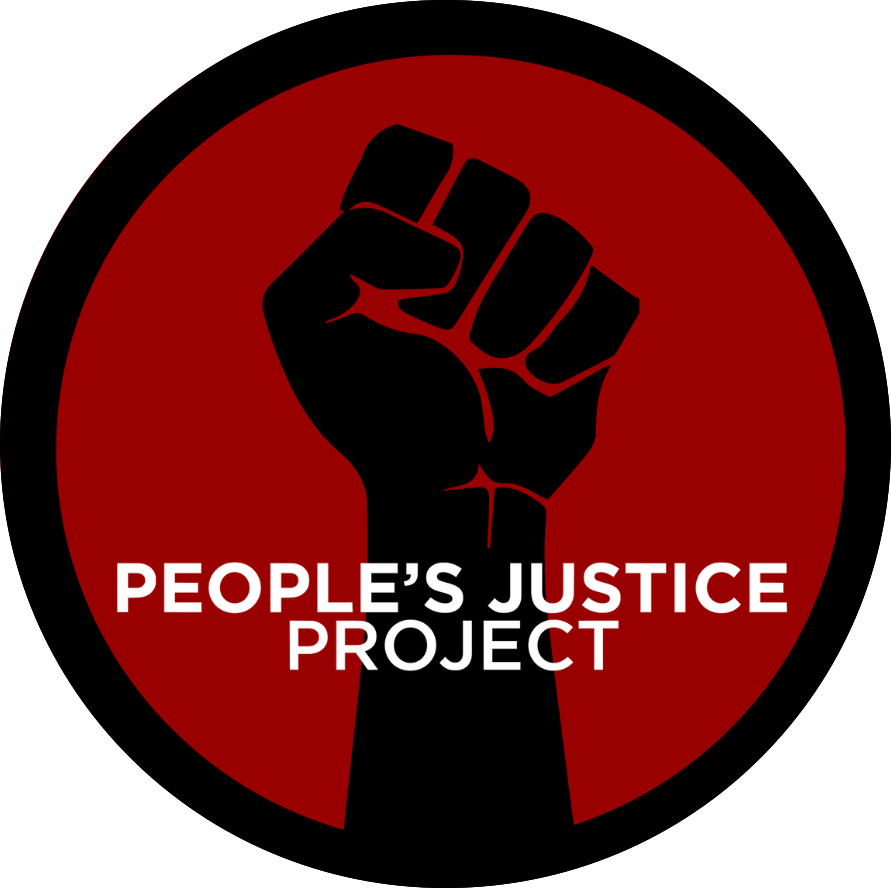Unity of Struggle with the African and Indigenous Peoples of the Western Hemisphere
As Africans, it's important to state that we have no claim to this colonized land and its arbitrary borders commonly referred to as "The United States". We do not unite with certain Africans who reject that our people were once a free people that existed within our own political economies in Africa, and were kidnapped and transformed into the first commodities of capital. The first capital and producers of capital's first workers. Within a social system defined by the relationship between capitalist production and producers resting on a foundation of enslavement and colonial domination of peoples and territories around the world. However, in the Western Hemisphere, we do recognize that we Africans and Indigenous people's histories are uniquely tied. From the land theft of the 13th century by the Spanish Conquistadors, to the importation of enslaved Africans, our struggle to reclaim our dignity and culture has been grounded within this history of struggle. Thus, we must recognize our shared struggle against colonialism and slavery which has been the driving force to liberate ourselves from our wretched condition.
We have a tradition of engaging in struggle shoulder to shoulder since the First Seminole War of 1814, where the United States government attempted to force the Seminoles to leave Florida and move to Native Territory per the Native Removal Act of 1830. We, the fugitive enslaved Africans, took up arms alongside our comrades, against the United States Army, using guerilla tactics to advance our position against this colonial effort. Though our courageous struggle was lost, we maintain that this relationship is of the utmost importance as we struggle for our dignity and humanity.
Additionally, during the Mexican War of Independence from Spain, historical records agree that the “mulattos” , the enslaved Africans in Latin America called by the Spanish, took up arms in guerrilla bands crushing the Spanish in 1821. Not only does this set the stage for other such collaborative efforts, but this unlikely alliance was a key force towards freedom. Furthermore, not only did we struggle together as partners, but one of the principal leaders in this development was Vicente Guerrero, an African who became president annexing the practice of slavery.
It has been estimated that 30 to 40 percent of the Latin American population has some form of African ancestry. Thus, our solidarity with the Indigenous peoples of the Americas is sacred and the most strategic alliance towards self-determination. We have taken up arms with our comrades from the Cuban Revolution of 1960s, as well as holding the banner of the Sandinistas of Nicaragua, we were there. We have not gained anything, in the colonization of the Indigenous and Africans of the Americas without the shedding of our blood, as partners. Thus, our fate is deeply rooted as colonized people and exploited peoples. Furthermore, we must recognize that if the Indigenous peoples of the Americas are not free, there will be no such liberation for the Africans in the Americas. It is a struggle of the most honest proportions. For, we both had land that was colonized in the same brutal fashion. We both have been forcibly displaced. Both of our peoples struggle with the contradictions of colonial power, in the form of capitalism. Thus, our unity in the struggle must be centered on the advanced revolutionary theory and historical revolutionary materialism. Furthermore, it must be a theory and practice that unifies our cultural differences and sameness. This is where we will find the essence of true solidarity and unity. This is the starting point towards the process of liberation.
